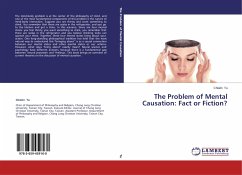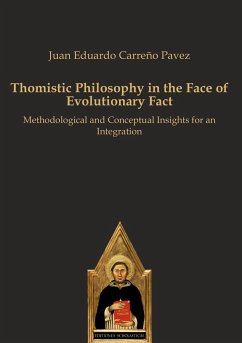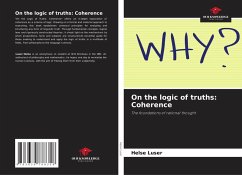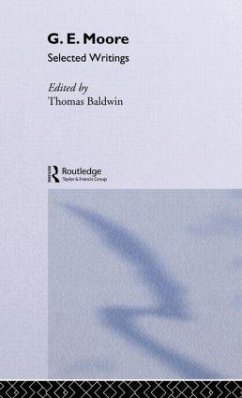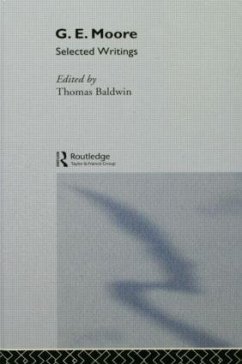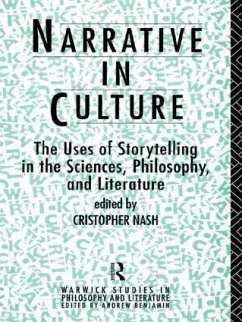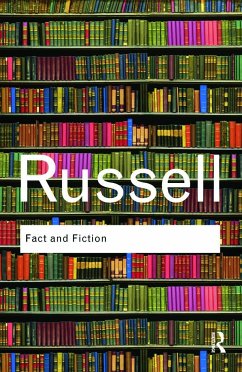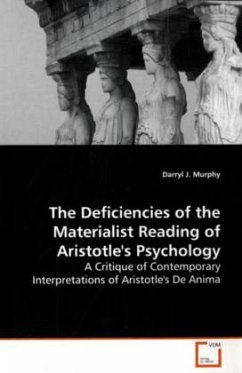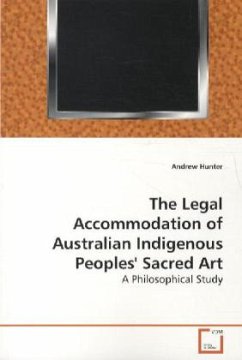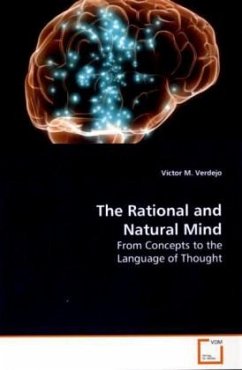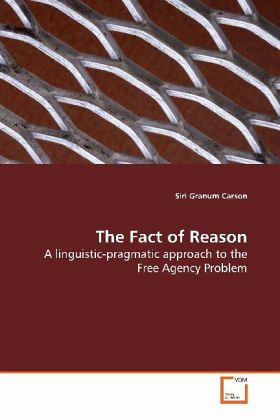
The Fact of Reason
A linguistic-pragmatic approach to the Free Agency Problem
Versandkostenfrei!
Versandfertig in 6-10 Tagen
45,99 €
inkl. MwSt.

PAYBACK Punkte
23 °P sammeln!
What does it mean to act freely? In other words: Howcan we practically and epistemologically specifythe ability that rational beings have to make thingshappen in the world in a way that warrants that theybe held responsible? This book suggests a renewedapproach to this question, with the purpose ofavoiding dualistic consequences.Kant tries to solve the free will problem bydefending the possibility of a metaphysical space forfreedom outside the realm of nature. Despite itssubtleties, his theory remains dualistic. In thisbook, the problem is approached from a differentangle: Rather than starting...
What does it mean to act freely? In other words: How
can we practically and epistemologically specify
the ability that rational beings have to make things
happen in the world in a way that warrants that they
be held responsible? This book suggests a renewed
approach to this question, with the purpose of
avoiding dualistic consequences.
Kant tries to solve the free will problem by
defending the possibility of a metaphysical space for
freedom outside the realm of nature. Despite its
subtleties, his theory remains dualistic. In this
book, the problem is approached from a different
angle: Rather than starting out (negatively) with an
examination of the metaphysical possibility of
transcendental freedom, it is argued (positively)
that freedom is an analytical component of the
concept of action. If we start with the way we
actually recognise (our own and others ) actions as
free, we come to see that it is not a matter of
identifying and describing an inner quality, but a
matter of mutual recognition and acknowledgement.
can we practically and epistemologically specify
the ability that rational beings have to make things
happen in the world in a way that warrants that they
be held responsible? This book suggests a renewed
approach to this question, with the purpose of
avoiding dualistic consequences.
Kant tries to solve the free will problem by
defending the possibility of a metaphysical space for
freedom outside the realm of nature. Despite its
subtleties, his theory remains dualistic. In this
book, the problem is approached from a different
angle: Rather than starting out (negatively) with an
examination of the metaphysical possibility of
transcendental freedom, it is argued (positively)
that freedom is an analytical component of the
concept of action. If we start with the way we
actually recognise (our own and others ) actions as
free, we come to see that it is not a matter of
identifying and describing an inner quality, but a
matter of mutual recognition and acknowledgement.



